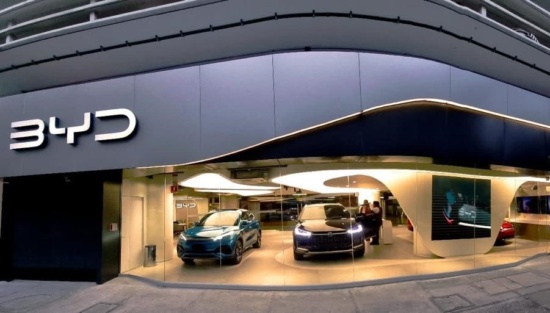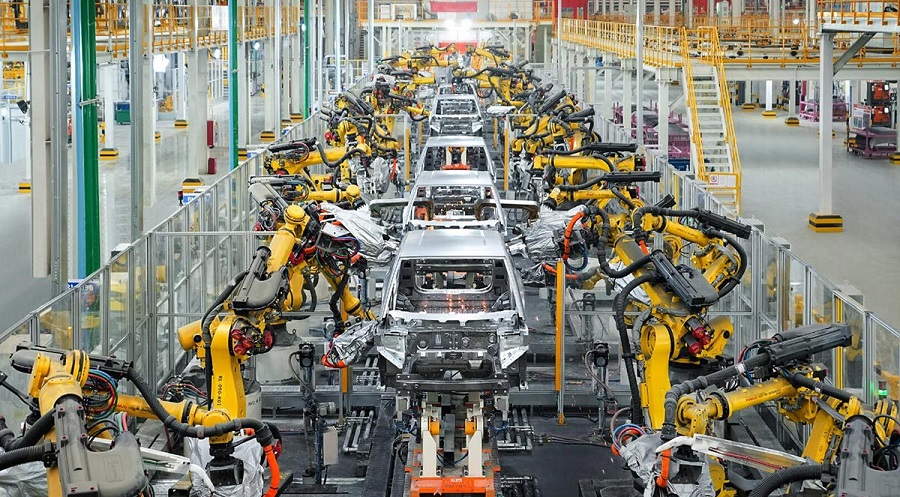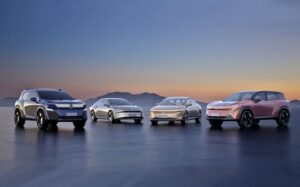BYD Co., China’s foremost electric vehicle (EV) manufacturer, has received significant financial support from its government, totaling at least €3.4 billion ($3.7 billion). This substantial funding is part of a broader initiative by Beijing to assert dominance in the electric vehicle sector and other sustainable technologies. A recent study by Germany’s Kiel Institute for the World Economy highlighted a dramatic increase in state aid, with BYD’s subsidies soaring from €220 million in 2020 to €2.1 billion by 2022. The company not only benefits directly from these funds but also indirectly through government support to local battery producers and consumer rebates for its vehicles.
This report emerges amid ongoing investigations by the European Union into potential unfair practices in China’s EV sector. The EU is particularly concerned about the scale of subsidies Chinese firms receive, which significantly outstrip those in major EU and OECD countries and are believed to be three to four times higher. This disparity has enabled Chinese companies like BYD, along with peers such as Nio and Geely, to rapidly expand and gain substantial footholds not only in their domestic market but also across Europe. These developments are occurring at a time when traditional Western automakers like Tesla and Volkswagen are grappling with shrinking market shares in China due to fierce competition and aggressive pricing strategies by local manufacturers.
The substantial state support for industries like wind, solar, and railway manufacturing in China was also pointed out by the Kiel Institute. Meanwhile, in response to the growing competitive threat from China, the EU has initiated a €40 billion innovation fund and is scrutinizing Chinese subsidies through a formal investigation, which could lead to tariffs as early as July.
In defense, China has countered the subsidy investigations as protectionist measures, arguing that its lead in the EV market is due to superior products and continual technological advancements rather than governmental intervention. The Chinese Minister of Commerce, Wang Wentao, emphasized the role of innovation and robust local supply chains in the success of Chinese EV makers during a recent statement in Paris.
The political dimension of these economic interactions is also significant. German Chancellor Olaf Scholz is set to visit China, which presents a crucial opportunity to discuss these contentious subsidy issues directly with Beijing.
Originally established as a battery manufacturer, BYD has significantly diversified and grown in the automotive sector, particularly in EV and plug-in hybrid technologies. The company’s rise has been propelled by China’s aggressive push to expand its domestic EV market through hefty purchasing subsidies. BYD’s ability to offer competitively priced vehicles, such as the Seagull hatchback with advanced features like a 10-inch rotating touchscreen for under $10,000, exemplifies how the confluence of state support and corporate strategy can reshape market dynamics, presenting new challenges and opportunities in the global automotive landscape.





